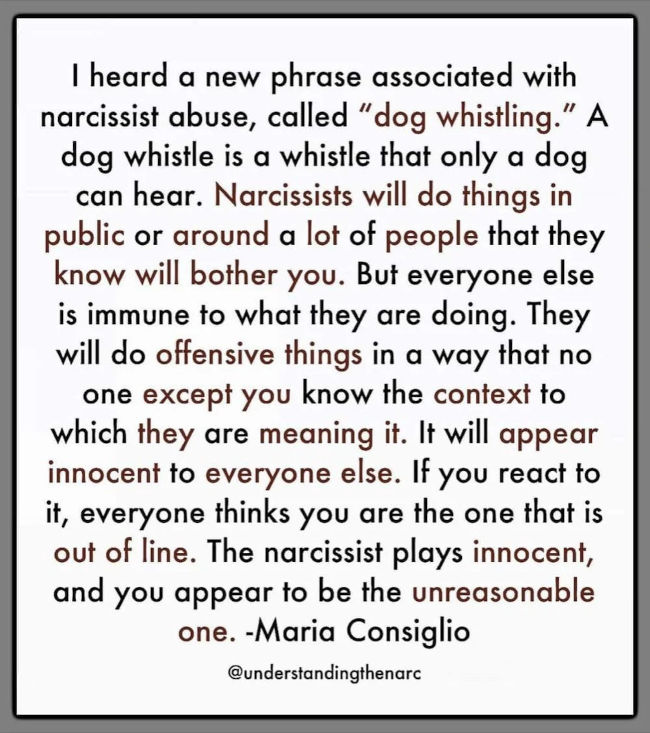
Maya taken aback when a guy she stood up to suddenly called her a bitch in front of a group of people. Maya felt embarrassed and humiliated, but she refused to let his words bring her down.
Maya took a deep breath and calmly confronted the man. She explained how his behaviour was inappropriate and hurtful and that she would not tolerate being spoken to in that way. The man was taken aback by Maya’s confidence and assertiveness.
Understanding the term bitch
When you are called a bitch, you will probably be a little shocked and taken by surprise. There are many definitions of the word bitch, and a lot of them can depend on your generation or context.
A woman is called a bitch if she is perceived by others as dominant, unreasonable, belligerent, or aggressive. The complaining woman at customer service is perceived by others as a Karen or a bitch.
The term bitch is used whenever a woman is outspoken or assertive. Men are praised for being firm and strong willed, while a woman can be criticized for their strength and leadership skills.
Cultural and Societal Context
For years, women have been insulted and called bitches. Anytime a woman stands up for herself and stands her ground, she will be referred to as the b word. It is a word that can undermine a woman’s power when she stands up to someone or is taking charge of a situation.
- When a man uses the word bitch in a negative way, it may be a gender-based insult. The man saying it may have an issue with women or women in leadership roles.
- Bitch also has a different definition for the younger generation. In the last few years, the term has become a term of empowerment for younger women.
Young entrepreneurial women refer to themselves as “boss bitches” and consider it the ultimate compliment.
Urban Dictionary defines a boss bitch as:
A confident, successful, and independent woman who speaks her mind and stands up for what she believes in. She keeps it 100% real with everyone, sets boundaries, and isn’t afraid to go after what she wants. She is unique, courageous, and fierce. Her dreams are big, but her ambition is bigger. She is an advocate for the empowerment of women and knows that a strong mindset and putting herself first is for the betterment of everyone and everything around her. Her positive energy, charisma and drive to succeed make her an influential leader, role model, and mentor to other women. She is a force to be reckoned with and can be intimidating from afar, but once you get to know her you’ll realize she can be a loving, caring friend, confidante, and your own personal cheerleader.
While younger women find the word bitch empowering, it may not fly with the older generation. Gen X and boomers will probably take offense to being called something they view as having a derogatory meaning.
Personal Interpretation
You may not know how to react if you are called a bitch. Since we all assign a different meaning to the word.
- Were you being assertive? When you are called a bitch it is most likely because you were assertive and unwilling to be treated poorly. The person doing the name-calling may be threatened by you, and instead of being mature, they resort to insults.
- Lowest common denominator of thinking: When people feel insulted by a woman, the term bitch is often the first thing that they can think of that comes out of their mouths.
You can interpret being called a bitch any way you want. You may be offended but someone may actually be giving you a compliment.
More posts you might like:
- Funny comebacks when someone calls you a bitch
- Top ten comebacks for put downs
- More comebacks you might like
The Role of counselling and self care
I Should Have Said Media will earn a commission after clicking links on this page at no additional cost to you. Learn more.
Better Help is a great resource where you can talk to a counselor from the comfort of your own home.
Taking care of your own needs isn’t selfish, and you will feel better in the long run.
Reactions and Responses to name calling
If you are called a bitch, at first you might feel annoyed or insulted. Don’t overreact, try to stay calm, the person who said it may have a different meaning or they could be plain rude!
No matter what someone says about you, positive or negative, it is important to keep control of your emotions and not let them ruin your day. They may be purposely trying to wind you up, don’t give them the reaction they are looking for!
Make sure you are clear on the context of the word they are using. My nephew was talking about a girl he admired and he called her a “bad bitch.” So if a younger person says it to you, it could very well be a compliment.
Verbal Responses to being called a bitch
You can respond in many different ways, you could walk away and save your energy or you can respond in a mature manner.
Here are a few things that you can say if someone calls you a bitch that won’t escalate the situation.
- That’s rude, don’t call me derogatory names.
- I don’t know why you feel OK talking to me like that. It’s not OK
- Wow, what a harsh thing to say to me. Are you upset about something in particular?
However you respond, it needs to feel comfortable for you. If you are uncomfortable responding, simply remove yourself from the conversation.
Non-Verbal Responses
You can let people know that their behavior is not OK with your body language. If you aren’t able to respond verbally you could:
- Remove yourself from a toxic conversation and walk away.
- Look the person in the eye and let them know that you are not intimated.
- Cross your arms, turn away, or shake your head to let the person know that you don’t want to engage with them anymore.
Do whatever feels right for you. Leaving the room can send just as clear a message as a verbal response. You may not want to stoop to someone’s level and reward them with a verbal response.
Strategies for Handling Name-Calling
Assertiveness
Learning to be assertive is an important life skill that we all need to learn. Standing up for yourself is a skill that many people didn’t learn growing up in their families. In fact, in many families, it wasn’t encouraged for children to speak up and assert their needs.
The good news is that you can learn to become more assertive and set boundaries, our free Stand Up for Yourself Guide can help.
Seeking Support
Talk to a good friend about the name-calling, it is very common for people to be shocked and embarrassed, especially if the incident occurred publicly in front of several people. Talking about it can help figure out how you feel about the situation.
If name-calling is happening in a professional work setting you may want to talk to a therapist to help process your emotions around the situation.
Better Help is a great resource where you can talk to a counselor from the comfort of your own home.
We can’t change other people’s behavior, but we can handle the situation in a way that works best for us by putting healthy boundaries in place.
The Power of Words
Words are powerful and they can lift people up or bring them down with derogatory comments. Remember that when someone refers to you as a bitch, you have the power to choose how it affects you.












